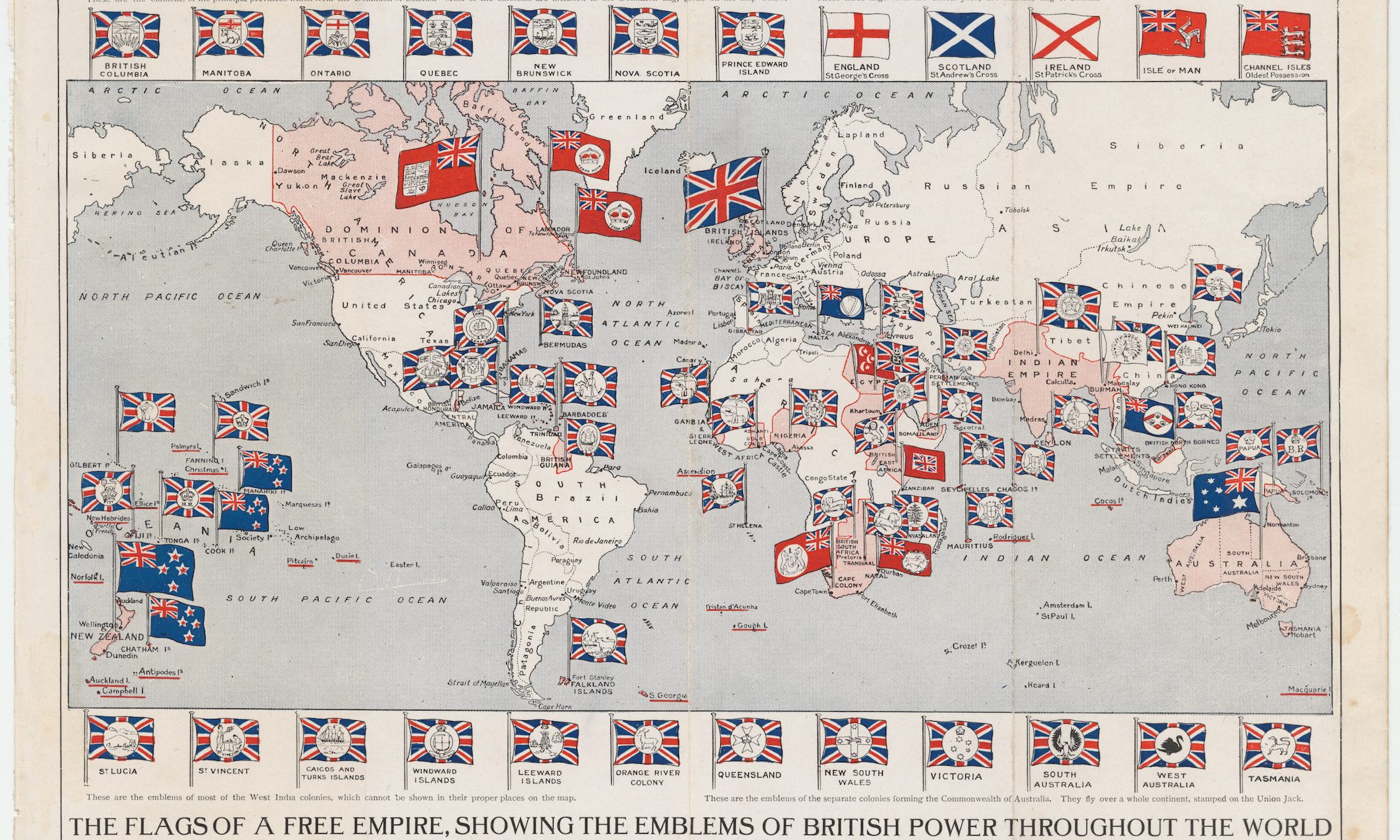 Originally written for Formiche, which published an Italian translation.
Originally written for Formiche, which published an Italian translation.
Americans long held up the quality of their democracy as a standard for the rest of the world to follow. In many political science metrics, other democracies are—literally—measured against American democracy to determine their quality; in theorizing about how “democracy” works, American institutions are routinely adduced as an unproblematic model. One of the supposed strengths of American institutions was that the sorts of paranoid conspiracy theories that appeared in other countries were, allegedly, never influential in the United States.
Over the past year, this pleasant myth has been brutally replaced by an ugly reality. American political culture is now suffused with a paranoid style. Donald Trump is not just a symbol of this change—he has done more than any other political figure to contribute to the mainstreaming of paranoia in U.S. politics. From his outlandish claims that Barack Obama was not a citizen or that millions of votes were illegally cast in the 2016 election—both of them completely baseless allegations—the U.S. president at almost every turn has relied on a potent brew of mistruth, lies, and alternative facts to “justify” his policies. For Trump, the “paranoid style” is a governing style.
Yet the causes of paranoia and conspiracy thinking are far deeper than Trump. The most important structural trend in American politics is extreme polarization along party lines. Almost every institution and issue in U.S. government, from the budget to climate change, is marked by two camps that not only disagree with each other but view each other as the enemy. Polls have found that about two-thirds of engaged partisans say they are afraid of the other party. And political scientists Shanto Iyengar and Sean J. Westwood have found that “discrimination based on party affiliation exceeds discrimination based on race.”
These structural factors created fertile ground for paranoia and conspiracy thinking to take root. As Joanne Miller, Kyle Saunders, and Christina Farhart wrote in 2015 in the American Journal of Political Science, people who are highly interested in politics but lack trust in the other side are far more likely to believe ideas that make the other side look bad. Conspiracy theories, of course, do exactly that—they posit that the other side is not just an opponent with different ideas, but a nefarious cabal bent on subverting the entire existing social structure.
There’s something new about conspiracy theories and other toxic information in today’s American scene. In 2014, Joseph E. Uscinski and Joseph Parent wrote a magisterial study of American Conspiracy Theories. They concluded that “conspiracy theories are for losers”—that people who were marginalized, or whose side had recently lost an election, were likelier to believe conspiracy thinking. True to form, since the election, Democrats and liberals have proven susceptible to conspiracy theories on Twitter and elsewhere.
Yet Trump and Republicans won. And yet conspiracy thinking and paranoia have hardly abated on the conservative side. This could be a passing trend—or it could portend the emergence of “alternative realities”, in which neither party accepts the other’s vision of the world as real and entirely refuses to trust the other’s claims. New political crises, like impeachment, seem unlikely to heal this divide—they will probably exacerbate it in the short term. Paranoia may become a self-fulfilling prophecy.

Yes; the USA has a problem. It is not new; Richard Hofstader was writing about “The Paranoid Style in American Politics” back in 1964. What is different now is a) many people feeling a lt of stress because of relatively bad economic times, b) vast encouragement by increasingly partisan media outlets, and especially c) social media echo-chambers.
People were given a glimpse into Clinton’s (and Podesta’s) world through their email leaks. It was fragmented, often out of context, and sometimes incomprehensibly weird, e.g. “Hi John, The realtor found a handkerchief (I think it has a map that seems pizza-related)”; “Do you think I’ll do better playing dominos on cheese than on pasta?”. Is the act of trying to decipher these glimpses not more rational than the decision to plainly ignore them?
We have a public who is perpetually locked out of their representatives’ deliberative and decision making processes, and who find themselves reading leaked excerpts about needing “both a public and a private position” on issues such as Wall Street reform. Is it really a flaw of character or reasoning that they do not believe what they’ve been told?